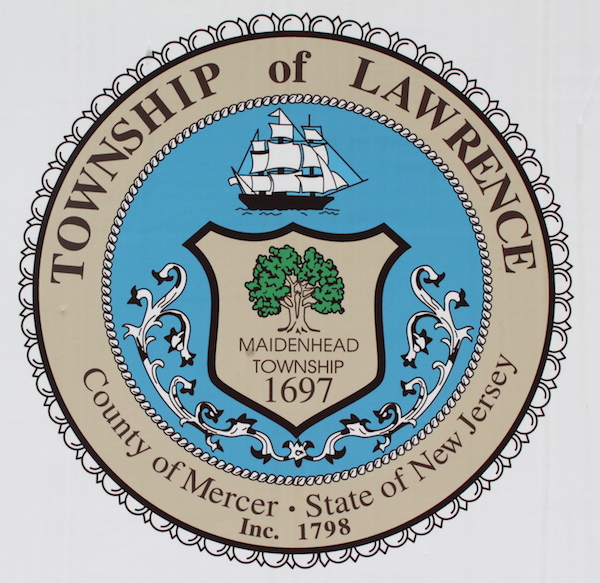Cathleen Lewis would likely not be sitting on the Lawrence Township Council and former Gov. Christine Todd Whitman would likely not have become New Jersey’s first female governor if women did not have the right to vote.
To commemorate the 100th anniversary of women gaining the right to vote, professional storyteller Carol Simon Levin will portray one of the New Jersey women who led that fight at a special program on Feb. 9.
The program, which starts at 2 p.m., will be held at the Ewing Presbyterian Church’s education building at 100 Scotch Road in Ewing Township. It is free and open the public.
The event is being co-sponsored by the Lawrence chapter of the League of Women Voters and the Ewing Township Historic Preservation Society. Its title is “Reclaiming Our Voice: New Jersey’s Central Role in the Fight for Women’s Suffrage.”
Since the Lawrence chapter of the League of Women Voters includes members from Ewing Township, it seemed natural to join forces to celebrate the centennial of women gaining the right to vote, said Mary Anne Midura, vice president of the Ewing Township Historic Preservation Society.
“We hope by telling the story of the suffrage movement and of the brave work of the suffragettes, we will encourage a mother to discuss women’s rights with her daughter and her son,” Midura said.
“Maybe it will encourage a teacher to engage his or her class in a mock election. This is how we make history relevant,” Midura said.
In the years following the American Revolutionary War, women had the right to vote in only one state – New Jersey. Women lost the right to vote in 1807 and did not win it back until 1920, or more than five generations of women.
What is also not well known is New Jersey’s role in helping women to obtain the right to vote. That right only became law 100 years ago through the ratification of the 19th Amendment to the United States Constitution on Aug. 18, 1920.
And what is also not well known is that New Jersey women initially had the right to vote under the 1776 New Jersey state constitution. It was taken away from women in 1807. Women were later allowed to vote in school board elections in 1887, but that right was taken away from them in 1894.
All the while, a national movement was afoot that attempted to ensure all women would again be given the right to cast an election ballot.
Levin, the professional storyteller, will convey through her talk as Lillian Feickert, some of the stories about nationally known suffrage advocates such as Lucy Stone and Elizabeth Cady Stanton. Stone and Stanton staged tax and voting protests in New Jersey to call attention to the issues.
Feickert, who lived in North Plainfield Township, became active in the fight for women’s rights in the 1908. She joined the New Jersey Woman Suffrage Association, and was elected to be its president in 1912.
Feickert held the post of president of the New Jersey Woman Suffrage Association until 1920, when it became the League of Women Voters of New Jersey in April of that year.
The League of Women Voters of New Jersey was created to help American women exercise their newfound right to vote, said Nicole Plett, co-chair of the Lawrence chapter of the League of Women Voters.
Through her persona of Lillian Feickert, Levin also will remind attendees of New Jerseyan Alice Paul, who pushed for the Equal Rights Amendment to the United States Constitution. The amendment has been pending since 1972, when it was approved by Congress and sent to the states for ratification.
Levin’s talk is sponsored by the Public Scholar Program of the New Jersey Council for the Humanities. Levin is among the faculty members of the program, whose speakers discuss New Jersey history and national history.

